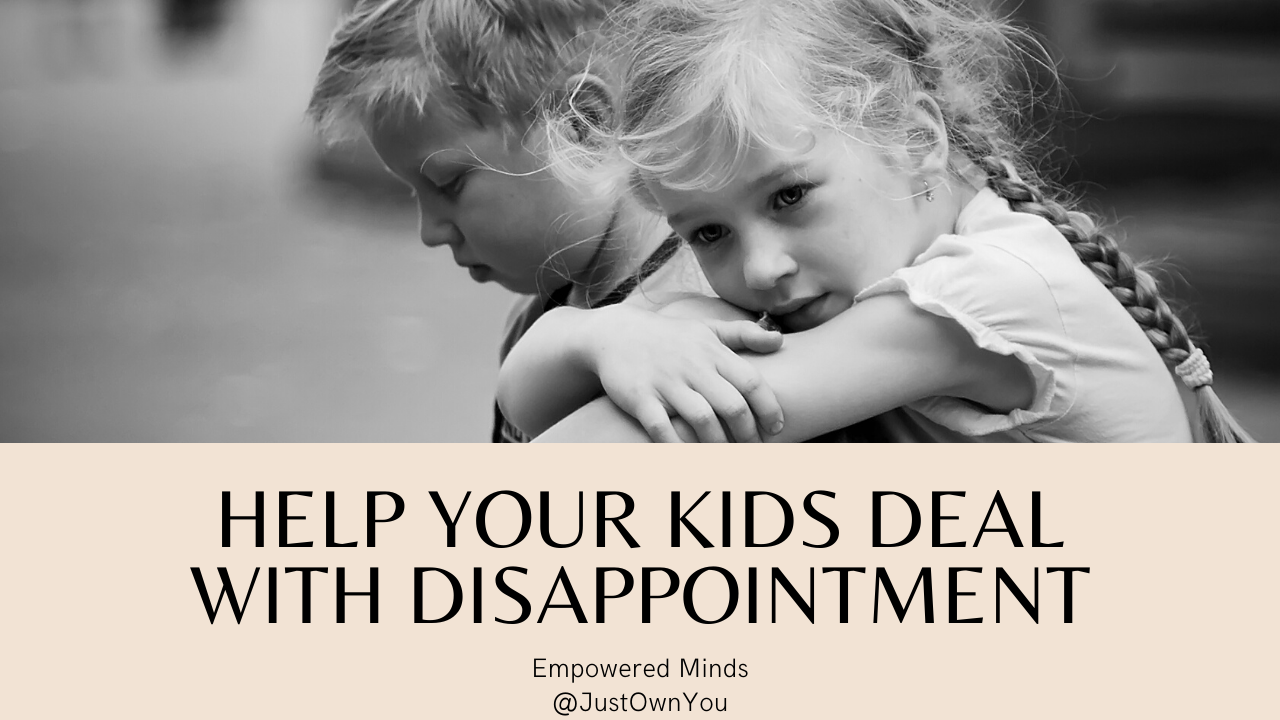Building Resilience: A Guide for Parents

Think about the five most successful people you know. On average, they might not be extraordinarily talented, but they excel in one crucial area: resilience. Resilience is the ability to bounce back from or withstand hardships, helping you persist through life's ups and downs.
As a parent, teaching resilience to your children can be challenging, especially while their cognitive skills are still developing. Here are some techniques to help your child develop this vital skill, along with ways to model resilience in your own life.
Stay Connected with Others
During tough times—physically, emotionally, or mentally—it’s natural to withdraw. While alone time can be beneficial, having a support system can make you stronger. Let go of the notion that strong people handle everything alone. Maintain relationships and be a support system for your child through daily conversations. Show them that seeking help is a sign of strength.
Cultivate Optimism
Having high hopes makes it easier to remain...
Help Your Kids Deal with Disappointment

Disappointment is a normal part of life, and the lockdowns due to COVID-19 caused some major disappointments while disrupting lives everywhere. It’s enough to make anyone feel a little sad and discouraged. But disappointments don't only pop up during global pandemics, they are mixed in with all the joy and excitement life can bring.
It’s also natural for parents to want to shield children from such unpleasant situations. However, dealing with losses can be a beneficial experience. Otherwise, your sons and daughters may struggle when they run into bigger letdowns as adults.
How can you guide your children without taking over? Try these ideas for helping your kids to deal with disappointment.
Talking with Your Kids about Disappointment
There are major differences between dwelling on disappointments, trying to suppress them, and dealing with them constructively. Your child will probably find it easier to move on if they can talk about their feelings.
Try these techniques to talk wit...
Helping Your Tween Overcome Difficult Emotions

As humans we are wired to be guided by emotions. Generations ago, our ancestors used their “fight or flight” instinct to survive. A saber tooth tiger may not be chasing your family today but, helping your tween learn what their emotions and internal intuitions are communicating can feel just as daunting. Many of us deal with negative emotions by trying to ignore them or living in a negative state without a plan to move forward or channeling it into competition and anger with others. A more empowering option is to learn from our emotions.
In order to learn from our emotions, we need to evaluate them. The following steps will help you have an open and honest conversation with your tween (or yourself).
First, have your child describe the feeling or feelings they are going through so you both can identify the emotion. Next is to clarify the message of the emotion. What is this specific emotion trying to convey? What is the purpose of that emotion? Evaluate the emotion from a different...
